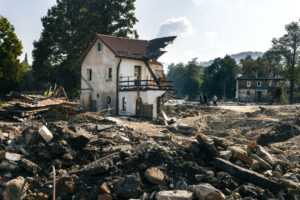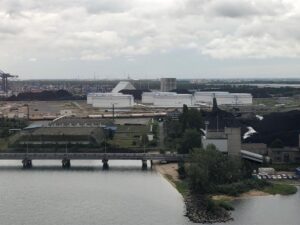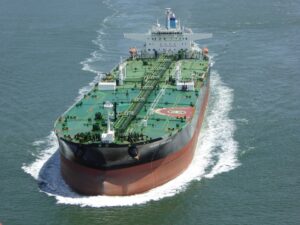What goes on in Poland on the 6th of September.
Duda: Europe of multiple speeds is the beginning of EU’s end
Presidents of Poland, Georgia and Macedonia took part in the first panel of Krynica Economic Forum. They talked about the future of the European Union.
– Today we’re a member of the European Union. It’s a huge value for a large majority of Poles – said the president. In his opinion, in spite of problems like the migrant crisis, it is still worth to invest in Europe, which goes without saying. However, according to Duda problems are inevitable and they always come unexpected, like in cases of Brexit and migrant crisis.
– We have only just worked action mechanisms out. The crisis has eventually been overrun by tools that we as Polish authorities have talked about from the very beginning – said president Duda.
2nd stage of Open Season for Baltic Pipe proceeder launched
Polish and Danish natural gas TSOs – Gaz-System and Energinet are launching the second stage of Open Season 2017 Proceeder and are welcoming all market contestants to registering and applying binding offers for bandwidth reservation.
Launching the 2nd stage of Open Season Proceeder will enable all net users to report their need for natural gas deliveries from Norwegian sources to Denmark, Poland and other states in the region. First stage of Open Season Proceeder for Baltic Pipe project ended on July 25th confirmed that the market is largely interested in this investment.
Nord Stream 2: the final clash. European Commission steps into a fight
A battle of Nord Stream 2 within the European Council is coming up. The Commission turned to member states for a negotiating mandate with Russia about the pipeline’s legal status.
Nord Stream 2 is carried out by a consortium of the same name and belongs completely to Gazprom. Its route is going to lead from Russia to Germany through the bottom of Baltic Sea. Its capacity is going to be as large as the first line of Nord Stream – 55 billion cubic meters a year. New infrastructure will enlarge direct deliveries to Germany, what will make this country the main intermediary in supplies of Russian resource. This will worsen Ukraine’s transit position, supported by the EU, question the plan of making Europe independent from Russia according to EU energy policy concept and will threaten alternative projects, like Świnoujście LNG Terminal or Norwegian Corridor.








